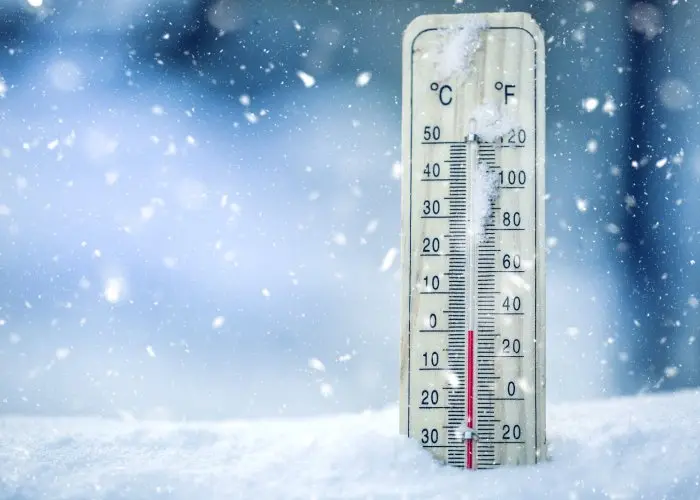Hypothermia: Important Information

Hypothermia: Important Information for Travelers
Introduction
During a trip, especially in cold regions, mountains,
or when participating in water activities—it is important to be aware of hypothermia,
a dangerous condition caused by a rapid drop in body temperature.
Hypothermia can occur faster than expected, particularly in wet or windy weather.
This guide will help you recognize early signs, know what to do, and stay safe.
What Is Hypothermia?
Hypothermia occurs when the body’s temperature falls below 35°C (95°F) due to exposure to cold.
Even temperatures that do not seem extremely low can be dangerous if you are wet, tired, or exposed to wind.
Who Is at Risk While Traveling?
Hikers and mountain travelers
Swimmers and divers
Anyone who becomes wet from rain or sweat
Infants and older adults
People who consume alcohol in cold environments
Important: Hypothermia can also occur in warm countries
after swimming in cold water, during cool desert nights, or even in strongly air-conditioned rooms.
Early Signs of Hypothermia
Early symptoms are usually easy to notice:
Shivering
Fatigue or weakness
Cold or pale skin
Mild confusion
Slurred speech
Severe symptoms include loss of consciousness, very slow breathing, or a weak pulse — these require urgent medical help.
What To Do if You Suspect Hypothermia
Move the person to a warm, sheltered area.
Remove any wet clothing.
Cover with dry blankets or warm clothing.
Offer warm drinks (no alcohol).
Seek medical help if symptoms worsen or do not improve.
If the person is unconscious or breathing very slowly, contact emergency services immediately.
How To Prevent Hypothermia While Traveling
Proper Clothing
Wear layers: a moisture-wicking base layer, an insulating layer, and a windproof/waterproof outer layer.
Change out of wet clothing as soon as possible.
Smart Behavior Outdoors
Do not stay in cold water for too long.
Use suitable gear: gloves, hat, dry socks.
Keep moving — physical activity helps generate body heat.
Avoid Alcohol in the Cold
Alcohol may feel warming but increases heat loss.
Eat and Drink Well
A well-nourished body produces more heat.
Frequently Asked Questions for Travelers
Can hypothermia occur even when it isn’t very cold?
Yes. Wind, wet clothing, or exhaustion can cause rapid heat loss at moderate temperatures.
Can hypothermia happen during water activities?
Absolutely — even in summer, especially in deep or cold water.
Is hypothermia easy to prevent?
Yes. With proper clothing and awareness, the risk is greatly reduced.
Conclusion
Hypothermia is serious, but preventing it is simple with the right precautions.
Proper clothing, staying dry, and monitoring your exposure to cold can help you enjoy your trip safely.
If you notice symptoms, act quickly.
Warm the person immediately and seek medical assistance if necessary.
Awareness saves lives.
